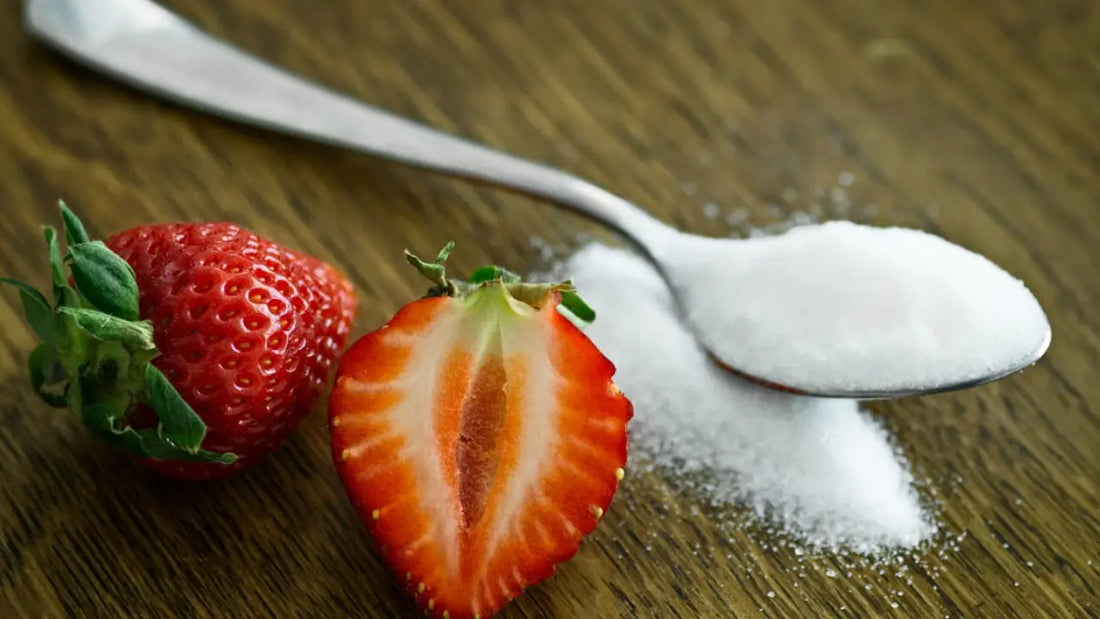
Natural Sugars vs Added Sugars: What You Need To Know
Share
In weight loss circles, sugar is very much persona non-grata. While some sugars can contribute to weight gain, we need to point out that not all sugars are bad for you.
We need sugar to survive as it is an essential carbohydrate that provides energy to our bodies. However, it is important to distinguish the difference between natural sugars and added sugars.
Natural Sugars
Natural sugars are sugars that, well, occur naturally in food and drink (you don’t say?!).
There is a series of natural sugars including glucose, fructose, galactose, sucrose, lactose and maltose.
Fructose, sucrose and glucose occur naturally in fruits and some vegetables. Lactose is found in dairy while maltose is found in germinating grains like wheat and barley. Likewise, fructose and glucose occur naturally in honey.
As a rule, you don’t need to be afraid of foods and drinks containing only natural sugars because the amount of sugar present is usually quite modest and contains other healthy nutrients like fibre and protein. That doesn't mean pouring a whole jar of honey on your porridge though!
Added Sugars
As the term suggests, added sugars don’t occur naturally in foods and drinks. They are added during the manufacturing or preparation process. Foods and beverages that are high in added sugars include soft drinks, sweetened coffees and teas, cakes, pastries, biscuits, and ice cream, among others.
Examples of added sugars include brown sugar, corn syrup, fruit juice concentrates, high-fructose corn syrup, malt sugar, raw sugar, syrup and sugar molecules including dextrose, glucose, lactose, maltose and sucrose.
If you manage to find any of the above mentioned on a product's ingredient list, the chances are that it has added sugar.
While our body processes both natural and added sugars the same way, consuming foods with added sugar is what tips the balance on the scales. The excessive consumption of foods with added sugar is linked to weight gain and thus a higher risk of type 2 diabetes and cardiovascular disease.
Conclusion
Despite what people say, you don’t need to be afraid of sugar, you just need to be smarter about your sugar consumption. Sugar is OK in small amounts, but we need to limit our consumption of food containing added sugars, otherwise we may end up with health issues in the future. If in doubt about how much sugar you should be consuming, speak to your doctor. They should be able to make some recommendations.
If you're looking to satisfy your sweet tooth without going overboard on the sugar, try one of our dessert recipes.






